Meat Actually IS Delicious
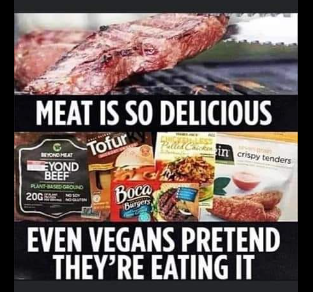
The issue, of course, is that a meatless diet is healthier for the individual and the planet, not to mention the cow/pig.

The issue, of course, is that a meatless diet is healthier for the individual and the planet, not to mention the cow/pig.

Sure, it’s hard to imagine Trump’s successfully retaking the White House.
But will our Justice Department have the integrity to incarcerate a man with a militant following of 50 million Americans?
What if Trump winds up living in a country run by corrupt forces that are friendly to the former president? Russia? Saudi Arabia?
 This from an old friend, now a vascular surgeon practicing in Philadelphia, writing on the dangers of autocratic and rogue governments coming to dominance.
This from an old friend, now a vascular surgeon practicing in Philadelphia, writing on the dangers of autocratic and rogue governments coming to dominance.
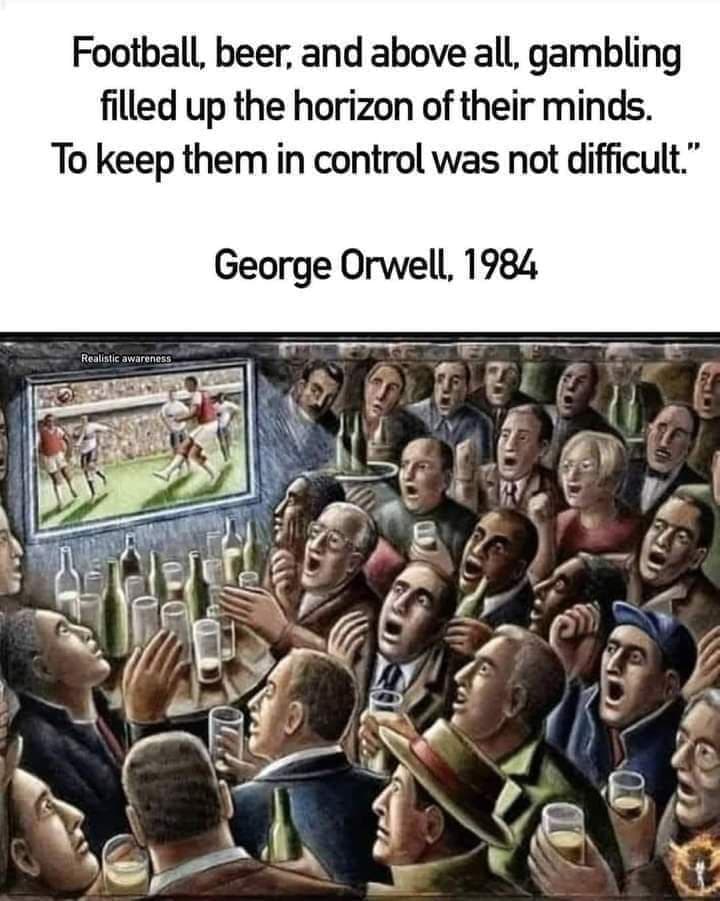
The planet is baking, a sociopathic criminal is leading in the polls to earn his party’s nomination for U.S. president, and the world is running full tilt towards genocide and authoritarianism.
But someone just ran for another first down and the fans are on their feet.
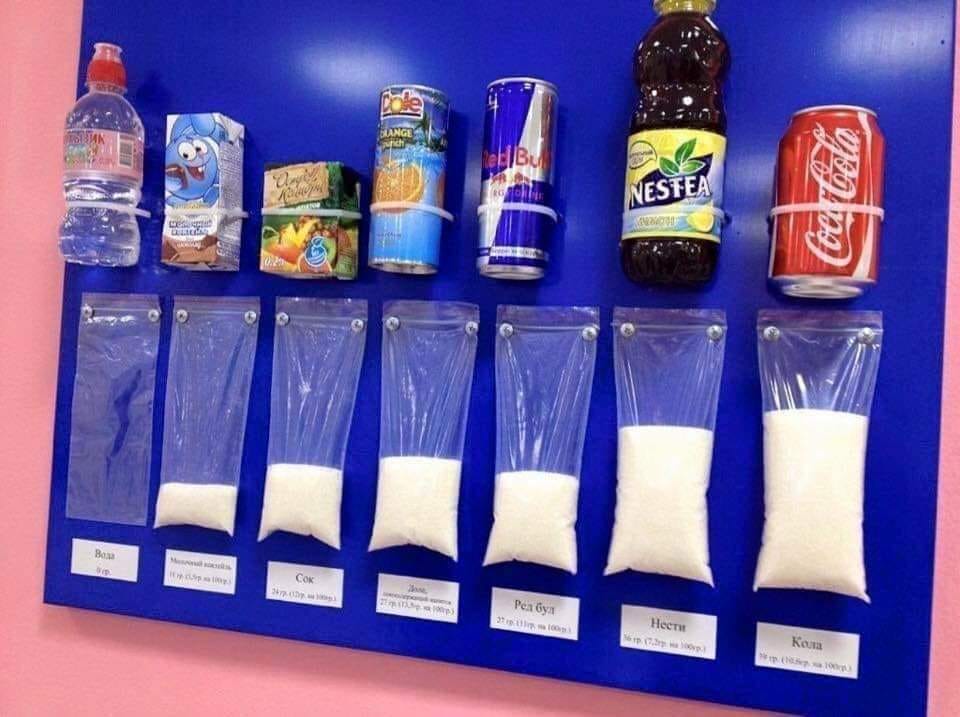
Of course, the interviewer didn’t frame his questions so aggressively, so this was more about business that anything else.
She did mention that her team has three groupings of brands: fun, good, and better, where “fun” includes things like soda that have no positive value whatsoever.
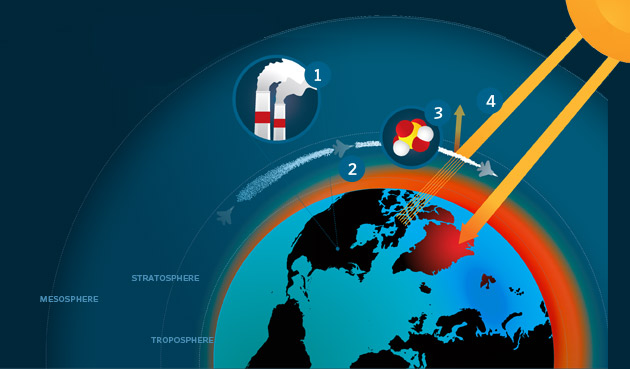


The author of the meme here seems to be suggesting that those opposing teaching these truths intend to prevent any progress for black people in American society, and, perhaps, would like to see various forms of regression into our terrible past.
I can’t offer any other interpretation.
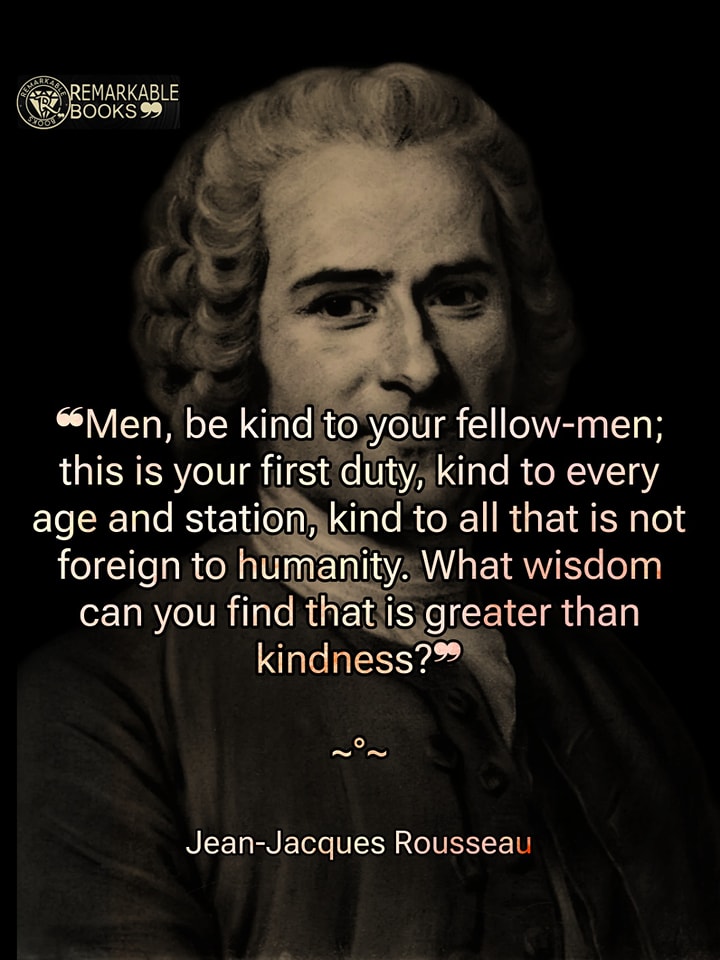
Sadly, the concept of kindness hit upon hard times with the anti-wokeism MAGA crowd, but we hope that’s just a passing fad, and that human decency will once again form the bedrock of our society.